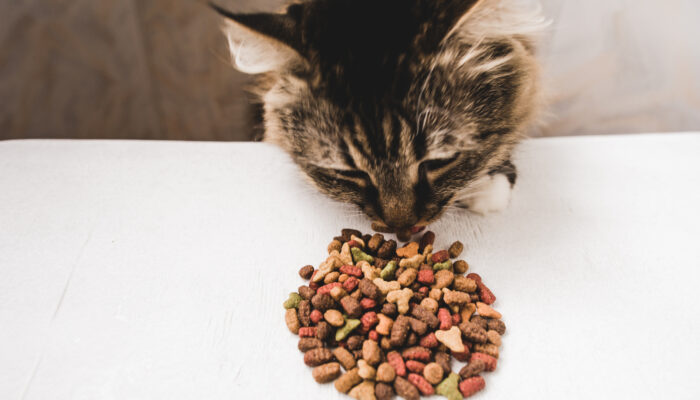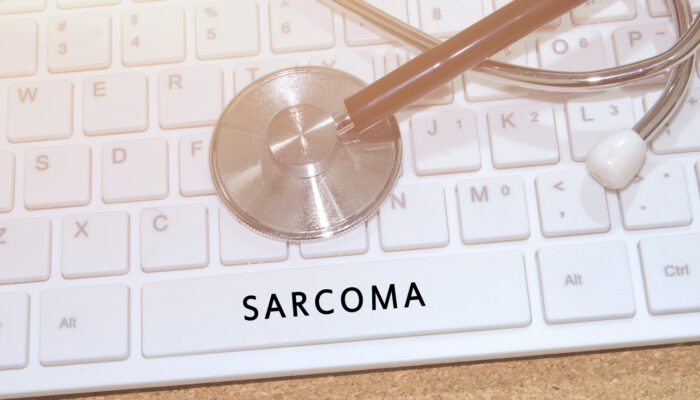
The risk factors of prostate cancer
The prostate is an important organ present in the male reproductive system that comprises of the penis, testicles, and the prostate. It is present under the bladder and in front of the rectum. When a mutation occurs in the cells present in the prostate, and the ability to control cell division efficiently is lost, the resultant condition is known as prostate cancer. While in most of the cases, the mutant cells get attacked and killed by the immune system, in some other cases, the mutant cells escape and end up forming a prostate tumor.
While there are no means to cure it entirely, there are certain factors that increase the risk of being prone to prostate cancer. These risk factors for prostate cancer are as follows:
Age
As age increases, so does the risk of developing prostate cancer. The risk of developing this condition increases particularly after the age of 50 years. It has been reported that over 80% of the people suffering from this condition are above the age of 65. Getting diagnosed with this cancer at older ages can put the individuals up to complicated treatment options.
Family history
A type of prostate cancer known as familial prostate cancer is known to be run in the family line. This type of prostate cancer constitutes about 20% of all prostate cancers. A combination of shared genes, environmental factors, and lifestyle factors lead to the development of this type of prostate cancer. This risk factor for prostate cancer is not under our control.
This is different from hereditary prostate cancer, which is inherited from a relative as this type of cancer is rare and only contributes to about 5% of all prostate cancer cases. If mutations in the DNA, changes in genes get passed down from one generation to another generation, it leads to the development of this type of cancer. The development of hereditary prostate cancer can be suspected in a family if:
- Prostate cancer has been observed in at least three generations on the same side of the family.
- At least three first-degree relatives are prone to this cancer.
- Two or more relatives on the same side of the family are prone to prostate cancer before the age of 55 years.
The greater the number of relatives affected with this cancer, the greater are the chances of an individual being prone to the condition.
Agent Orange exposure
The U.S. Department of Veterans Affairs (VA) has listed that prostate cancer is one of the diseases associated with exposure to Agent Orange, which was a chemical that was used during the Vietnam war. If this is the case, then the veterans would have to consult the doctor in the VA system for further treatment options.
Diet
While there is no direct proof that diet and nutrition can directly cause or prevent the condition, there have been studies that have observed connections between prostate cancer and certain eating behaviors. Some studies show a connection between obesity and prostate cancer, along with many other types of cancer. A healthy diet is recommended to prevent weight gain.
Keeping the risk factors for prostate cancer in mind, and not crossing a line that would trigger the cancer state, could help in a lot more than just preventing cancer.



